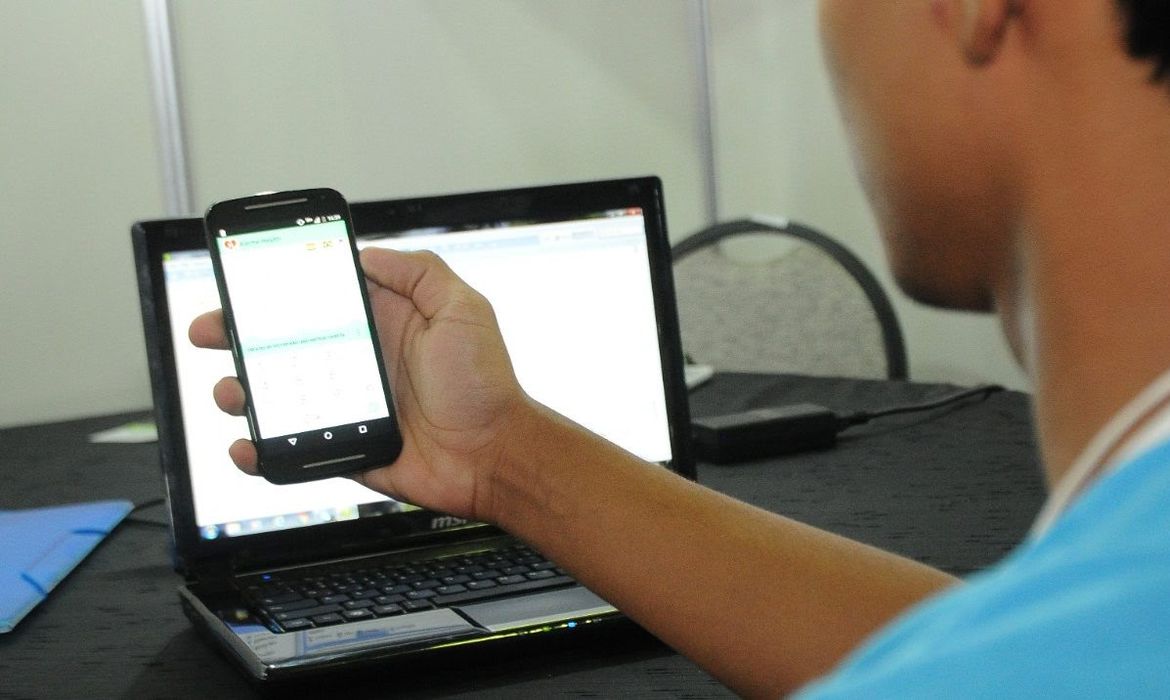Internet Brasil: towards digital inclusion
The importance of digital transformation in schools across the country has become even more evident with the COVID-19 pandemic. In a Brazil with so many social and regional disparities, internet access is still a distant reality for many municipalities. RNP is at the forefront of an innovative program, with the aim of promoting digital inclusion by bringing free mobile broadband connection to low-income students enrolled in basic education in the public school network.
To start the Internet Brazil Program, a Proof of Concept (a kind of pilot project) began this month in 15 schools in six cities in the Northeast region: Caicó (RN), Campina Grande (PB), Caruaru (PE), Juazeiro (BA), Mossoró (RN) and Petrolina (PE). Internet access will be given through the distribution of chips with data packages of up to 20GB. The benefit is intended for students whose families are registered in the Single Registry for Social Programs, CadÚnico.
“RNP has been working on several initiatives that make the democratization of access for students and professors possible. Aligned with the organization's strategic objectives, we are concerned with executing public policies with the greatest synergy, enhancing their results”, explains RNP's Director of Services and Solutions, Antônio Carlos F. Nunes.
Regarding Internet Brasil, Nunes emphasizes the impact that mobile access will have on learning dynamics. “The cell phone with an adequate data package allows students to access educational content from anywhere, enabling greater mobility”, he says.
The 15 schools that will participate in the Proof of Concept have already signed up with their secretariats. Soon, school managers will be able to access the Internet Brazil portal and request the benefit for students who meet the program prerequisites and are interested in obtaining a mobile data chip. Up to 10,000 students should benefit from this first stage.
Who can win a broadband chip
To be eligible for the program promoted by the Ministry of Communications (MCom), with support from the Ministry of Education (MEC) and executed by RNP, it is necessary to meet all the criteria below:
- Be a basic education student from the 3rd year onwards in the public school system and be registered with CadÚnico;
- Have access to a cell phone (own or someone in the family);
- Not having a chip from other government programs.
Antônio Carlos F. Nunes points out that, according to the annual survey released by FGV, Brazil currently has more than one smart cell phone per inhabitant. “According to an annual survey released by the Getúlio Vargas Foundation (FGV)*, Brazil currently has more than one smart cell phone per inhabitant. In this way, we assume that at least one member of the family may have a device, but there is still the barrier of connectivity. Thus, an adequate data package that enables access will allow that student to be included digitally to continue their studies".
Innovative technology
Chips handed out to students will be neutral. This means that RNP will be able to define, remotely, the internet operator to be used in each cell phone. The aim is to ensure that each student is always connected to the most efficient 3G and 4G networks in each region.
